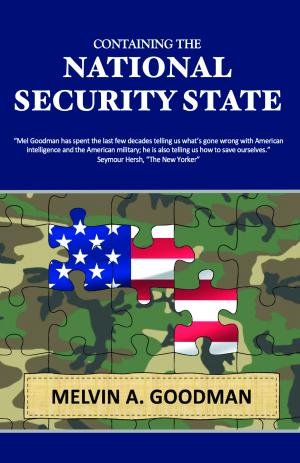Letters to the Editor
Arming Teachers: A Misguided ‘Solution’
Arming Teachers: A Misguided ‘Solution’ is my latest opinion letter posting today and being printed in Sunday’s New York Times.
UKRAINE: THE KEY TO UNLOCKING THE RUSSIAN-AMERICAN STALEMATE
Alexander Vindman, the former U.S. Army lieutenant colonel, provided testimony to the Congress in 2019 that framed the charge of abuse of power in the impeachment trial of former president Donald Trump. In doing so, Vindman displayed a political courage that is far different from courage on the battlefield. He is an American hero on various levels. Nevertheless, his policy positions on Ukraine, if adopted, would pose a danger to U.S. national security policy, risking an unnecessary confrontation with Russia and a divided transatlantic alliance.
Recent News and Latest Book
The Coronavirus and the Urgent Need to Redefine National Security
For far too long, the United States has been wastefully spending its precious budgetary resources on a nineteenth-century military strategy and a strategic arms policy that has brought no advantages to the American people. For the past three decades, our national security policies have been ineffectual and irrelevant to the genuine threats we face today. These threats do not emanate from Russia or China. Rather, they stem from an underfunded and highly vulnerable public health system, a cyber world that is out of control, and a crumbling infrastructure.
The CIA will give your book a pass so long as it praises the agency
The Feb. 1 news article “Bolton faces potential legal battles in standoff with White House over book” provided much-needed discussion of the arbitrary and capricious nature of the government’s pre-publication review process. Having submitted many book-length manuscripts to the Central Intelligence Agency, I have learned that books from senior officials that praise the CIA get very quick review and approval. Former CIA directors such as Robert Gates and Leon Panetta are never challenged. If you are an agency critic, however, you can wait as long as one year to get approval. Government censors rarely provide an explanation for their redactions, and authors have no system for challenging these decisions. Moreover, the censors are far more concerned with information they find embarrassing to a particular agency rather than concerning themselves with genuine national security secrets. As a result, the public is deprived of relevant information on many national security issues that require discussion and debate. Congressional committees and media outlets are similarly deprived.



Biden administration’s approach to Russia and China unproductive | COMMENTARY
President Biden’s national security strategy was on display this month, and the picture was mostly unimpressive.